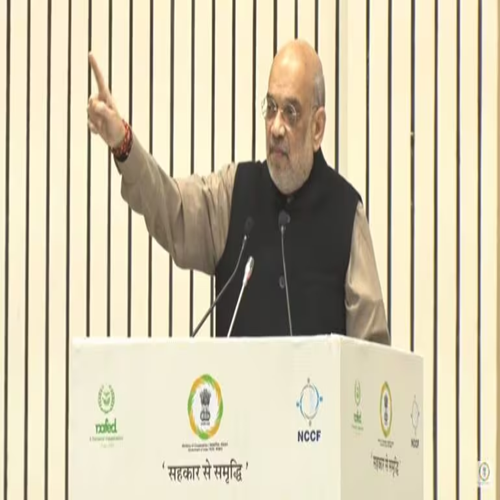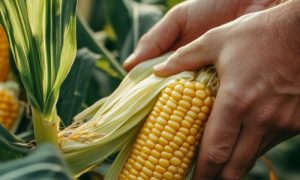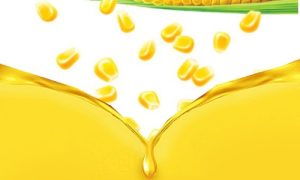Cornfield to oil well: Amit Shah says govt to link corn farmers to ethanol factories

The government will soon launch a portal that will connect corn farmers with factories that produce ethanol, Home Minister Amit Shah has said.
Speaking at the launch of a portal for the registration, purchase, and payment of tur dal producing farmers on January 4, Shah said a similar portal would soon be launched by the National Agricultural Cooperative Marketing Federation of India (NAFED) and National Cooperative Consumer’s Federation of India (NCCF) for corn to help boost India’s production of ethanol.
“Prime Minister Narendra Modi has targeted 20 percent blending of ethanol with petrol. And for this, we need to produce lakhs of tonnes of ethanol. To help in this, NAFED and NCCF will soon launch a registration, purchase, and payment portal for corn farmers. Farmers who grow corn, we will directly link them to factories producing ethanol, who will purchase it at the MSP (minimum support price),” Shah said.
“Think of it like this: your farms will not be growing corn but will become petrol-producing wells.”
The government is targeting 20 percent ethanol blending in petrol by 2025-26.
The portal launched by Shah on January 4 aims to boost tur dal production through better prices, a streamlined process and payment via direct bank transfer.
Farmers wishing to use the portal must first register on it after which they will be able to sell their tur produce at the MSP or the market price, whichever is higher.
According to the government, the portal will reduce dependence on tur imports by purchasing 80 percent of the buffer stock directly from farmers.
“Yes, we are self-reliant with regard to moong and chana (dal) but we still import other pulses. And for a country such as India, where the availability of water is increasing, to still import pulses is not respectable,” Shah said at the launch of the portal in the Capital.
“That is why Prime Minister Narendra Modi wants India to be self-reliant when it comes to pulses by 2027,” the home and cooperation minister added, calling on the farmers present at the portal launch to take on the challenge of producing enough pulses in the coming years that India would not need to import even a single kilogram of the staple starting from January 1, 2028.
A shortfall in domestic production has led to a sharp increase in prices of pulses, especially tur dal, in India. Pulses inflation in the retail market in November was 20.2 percent – the sixth month in a row it has been in double-digit territory.
The rising price of pulses has forced the government to take a series of measures to cool them down, including the imposition of stock limits on tur and urad dal to prevent hoarding and selling subsidised dal under the ‘Bharat’ brand in July 2023. Commenting on Bharat Dal, Shah said it had become the biggest selling brand within the branded pulses segment in just seven months.















